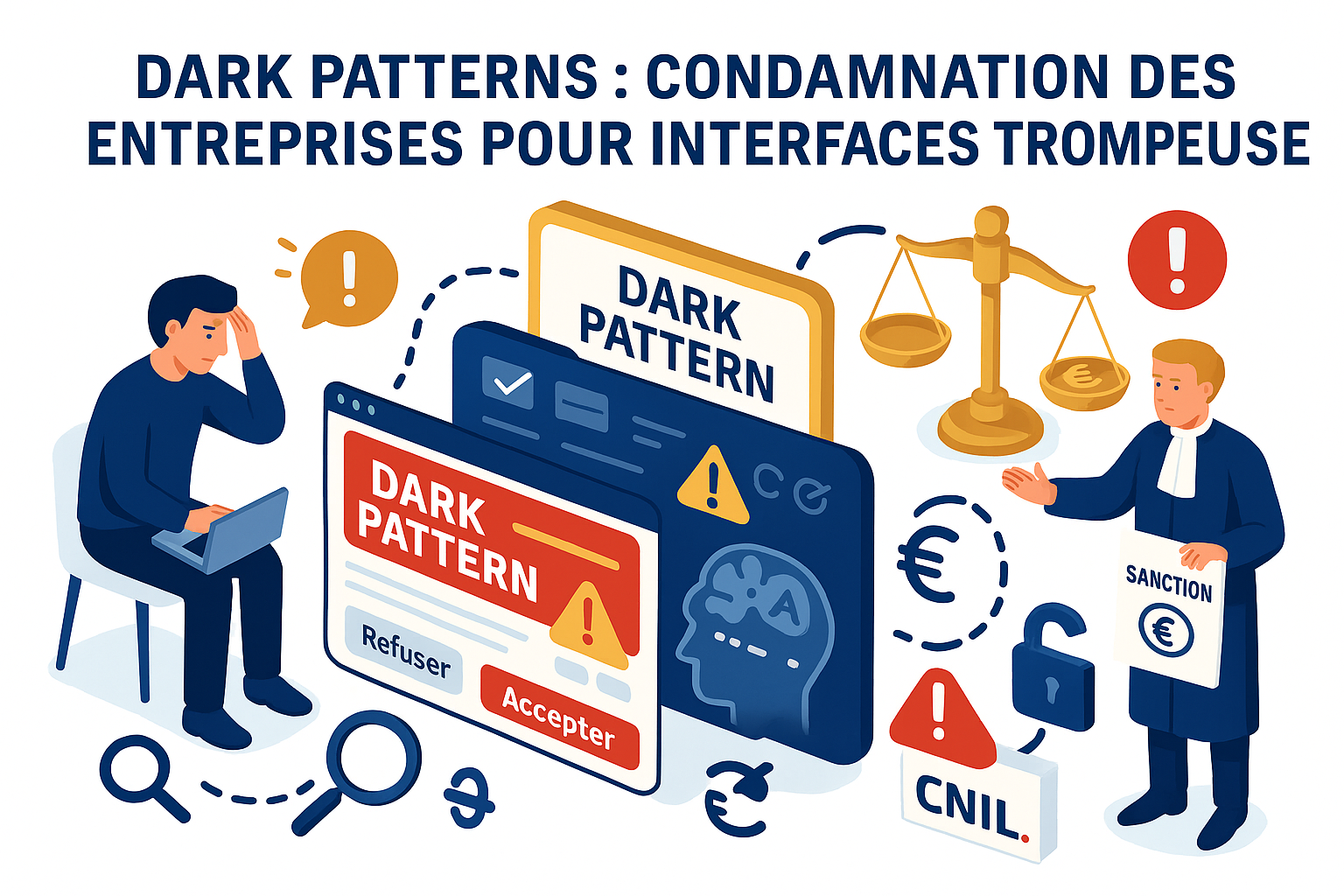Leasing with a purchase option is a much sought-after financing solution for consumers, who need to be informed and protected from unfair terms.
Rental with purchase option (LOA), also known as leasing or credit contract, is a financing solution increasingly sought after by consumers, particularly for acquiring consumer goods such as vehicles or electronics.
In an economic climate marked by inflation, the LOA seems to appeal for its flexibility and ease of access. However, behind this apparent ease of use lie crucial issues relating to regulatory compliance and consumer information. A recent DGCCRF investigation highlighted the sometimes abusive commercial practices surrounding this type of contract, revealing an alarming rate of anomalies.
It is therefore essential to explore the nature of these contracts, analyze the unfair clauses they contain, and assess their impact on consumers' rights and duties. Let's continue our analysis to better understand the ins and outs of lease-to-own contracts.
If you need a consumer law attorney, contact me!
What is lease-to-own and how does it work?
Leasing with an option to purchase (LOA), often abbreviated to "lease", is a system that allows the consumer to use an asset in exchange for monthly payments, with the option of becoming the owner at the end of the contract. The principle is based on the purchase of an asset by a lending institution on behalf of the consumer, who then becomes the lessee of that asset. This formula is particularly attractive at a time when households are looking for flexible financing solutions, especially when their budgets are constrained byinflation.
The terms and conditions of the LOA are as follows:
- Monthly payments: The consumer agrees to pay a monthly rent for the use of the property for a specified period.
- Decision at the end of the contract: At the end of the rental period, the user has the choice of purchasing the asset, returning it, or entering into a new contract for another asset.
At the heart of this operation lies a dual aspect: leasing on the one hand, and the possibility of purchasing the property on the other, giving these contracts a hybrid dimension.
However, the complexity of these contracts requires scrupulous verification. TheDGCCRF's recentinvestigation underlines the need for strict controls on the fairness of information passed on to consumers, and on the conformity of contractual clauses. As part of this survey, 101 establishments were inspected, and the worrying rate of anomalies found was 50%.
It is essential for consumers not only to understand how LOA works, but also to examine the unfair clauses that could affect their rights. To this end, the rest of our analysis will focus on the unfair clauses frequently encountered in LOA contracts.
What are the most common unfair clauses in LOA contracts?
Unfair clauses in lease-to-own (LOA) contracts can pose real problems for consumers, compromising their fundamental rights. These clauses are often drafted in complex legal language, making them difficult for the average consumer to understand. Their manipulation can therefore lead to substantial inequality between the parties to the contract, the credit institution and the consumer.
Frequently encountered unfair terms include :
- Excessive penalties: Some LOAs charge cancellation or return fees that are disproportionate to the amount outstanding.
- Maintenance obligations on the consumer: Contracts can impose responsibilities for the upkeep of the asset, even if it is returned at the end of the rental period.
- Opaque buyback clauses: The terms and conditions for exercising the purchase option are not always clearly defined, often resulting in unforeseen costs for the consumer.
- Restrictions on the use of the asset: Some LOAs may include restrictions on the use of the asset, making day-to-day use complicated or even impossible.
These clauses, whether explicit or hidden, can have serious repercussions on consumers' financial situation. It is therefore imperative for consumers to be vigilant, and to read the terms of any contract carefully before signing. In fact, the DGCCRF (the French consumer protection agency) often highlights the failure to provideconsumers with adequateinformation, particularly in the case of potentially abusive clauses.
Users need to be aware that these contracts, while attractive, sometimes contain pitfalls, and that a thorough understanding of the clauses is necessary to avoid unpleasant surprises. What's more, current case law manages to protect consumers against these abuses, but it's essential to know your rights if you are to benefit fully from them.
After this exploration of unfair terms, the question of the consequences of inappropriate commercial practices on the consumer becomes more acute. We'll see how abuse can have negative repercussions on the daily lives of those concerned.
What are the consequences of inappropriate commercial practices for consumers?
Inappropriate commercial practices in the field of hire purchase (LOA) have serious repercussions for the consumer. When LOA contracts fail to comply with regulatory requirements or contain unfair clauses, they can undermine consumers' rights and expose them to substantial financial risks.
Notable consequences include :
- Additional financial costs: Unfair clauses, such as excessive penalties or maintenance obligations, increase the overall cost of the LOA. Consumers can end up paying more than expected.
- Lack of transparency: Incomplete or misleading information on contractual obligations reduces the consumer's ability to truly assess his or her financial commitment. The absence of mandatory information, such as that stipulated in the French Consumer Code, contributes to this lack of transparency.
- Contractual imbalance: Unfair contracts can create vulnerability for the consumer, who is forced to accept unfavorable and unreasonable conditions. This imbalance violates the principles of fairness and transparency.
Indeed, theDGCCRF investigation revealed that a 50% rate of anomalies in the commercial practices of credit institutions raises serious questions about the protection of consumer rights. Particular attention must be paid to reported violations, such as employee remuneration based on the type of credit granted, which contraveneArticle L.314-23 of the Consumer Code.
The findings of this survey highlight theimportance of consumer information. Lack of clarity in contracts can lead to misunderstandings and complex claims processes, undermining consumer confidence in this form of financing. In fact, misleading information such as APR or cancellation terms can make a contract disadvantageous for the consumer.
These consequences leave consumers in a precarious situation, which calls for heightened vigilance and strict regulation. It is imperative to promote clear and transparent communication, both from credit institutions and intermediaries. Without these guarantees, the risk of abuse remains high.
For more information, please consult the DGCCRF article: https: //www.economie.gouv.fr/dgccrf/laction-de-la-dgccrf/les-enquetes/facturation-en-etablissement-de-sante-3-cliniques-sur-4-en.




